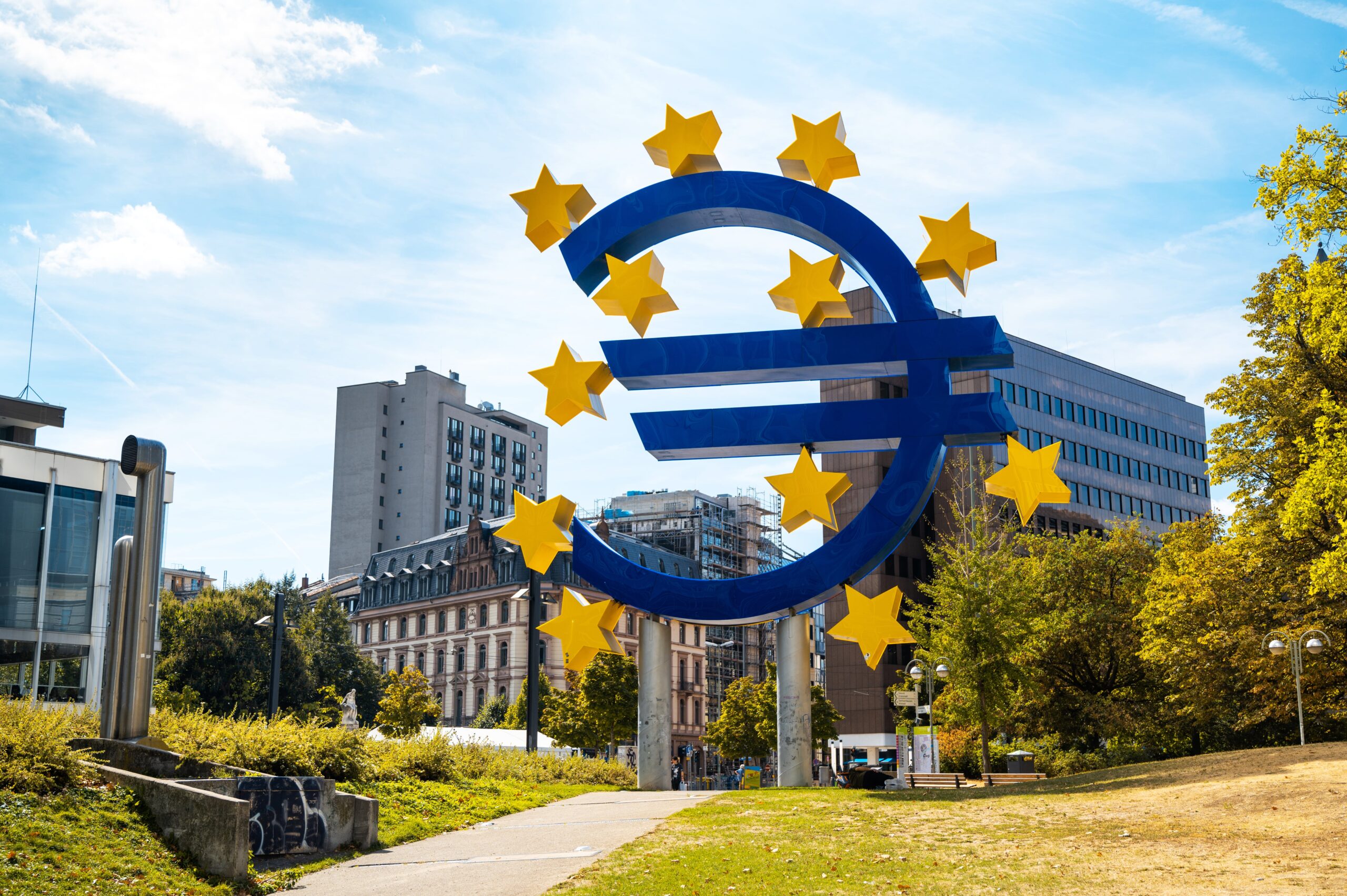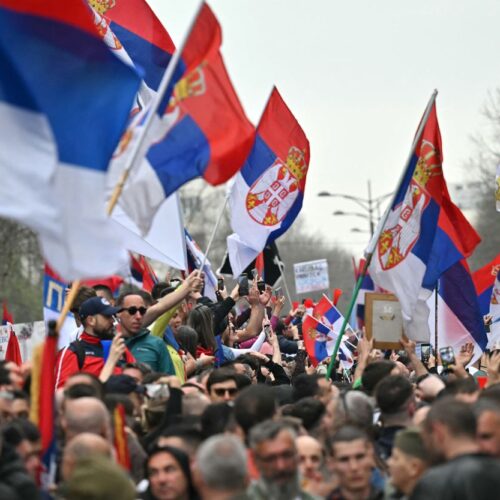How do Bulgarians feel about joining the Eurozone?
Sensika’s latest media monitoring report, Bulgaria’s Eurozone Debate, presents a detailed analysis of this critical national discussion. By examining over 5,000 posts and the top 200 most engaged tweets on X, the report uncovers the key narratives, political tensions, and emotional undercurrents influencing public opinion on Bulgaria’s potential adoption of the euro.
The findings point to a highly polarized debate. Supporters argue that joining the Eurozone would lead to stronger financial stability, lower transaction costs, and greater alignment with the European Union. According to many pro-European figures, on top of being an economic decision, adopting the euro represents a strategic commitment to long-term integration with Western institutions. Economists, political leaders, and EU representatives reinforce the view that Eurozone membership would strengthen Bulgaria’s role in European decision-making.
Opponents take a very different stance. Many express fears about inflation, the loss of monetary sovereignty, and increased dependence on Brussels. These concerns are often voiced by nationalist parties and political commentators, who claim that euro adoption could undermine Bulgaria’s economic independence. The report also highlights misinformation trends and conspiracy narratives that have gained traction in some segments of the online space.
Amid this public divide, President Rumen Radev announced his intention to request a national referendum on euro adoption, positioning it as a democratic response to rising political tension and recent street protests. This move reflects the growing demand to let citizens determine the country’s direction on a decision that carries significant economic and symbolic weight.
Key developments such as the European Commission’s convergence report, political disagreements over its submission, and Bulgaria’s recent confirmation of meeting all entry conditions triggered major spikes in online activity. Popular hashtags such as евро (Euro), лев (Lev), правителство (Government), and референдум (Referendum) reflect public focus on both the economic and political dimensions of the issue.
Using Sensika’s AI-powered monitoring platform, this report offers a clearer view into how digital conversations shape public sentiment and influence political agendas.
Download the full report to explore the insights behind Bulgaria’s Eurozone discourse and see how online debates are impacting real-world decisions.


